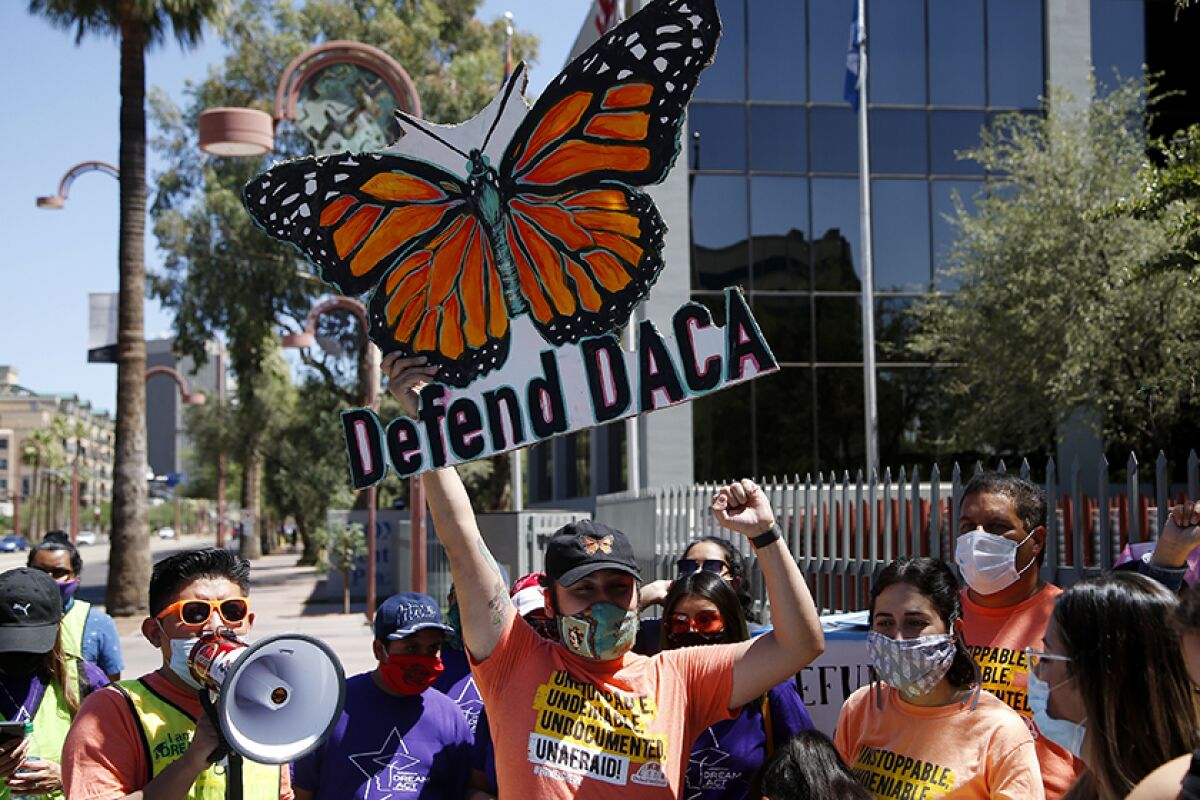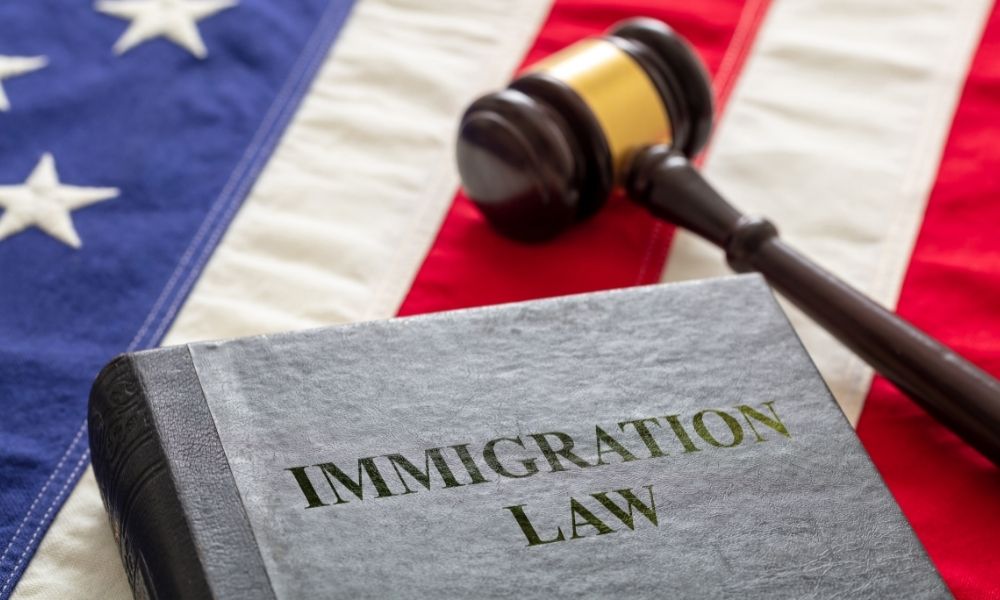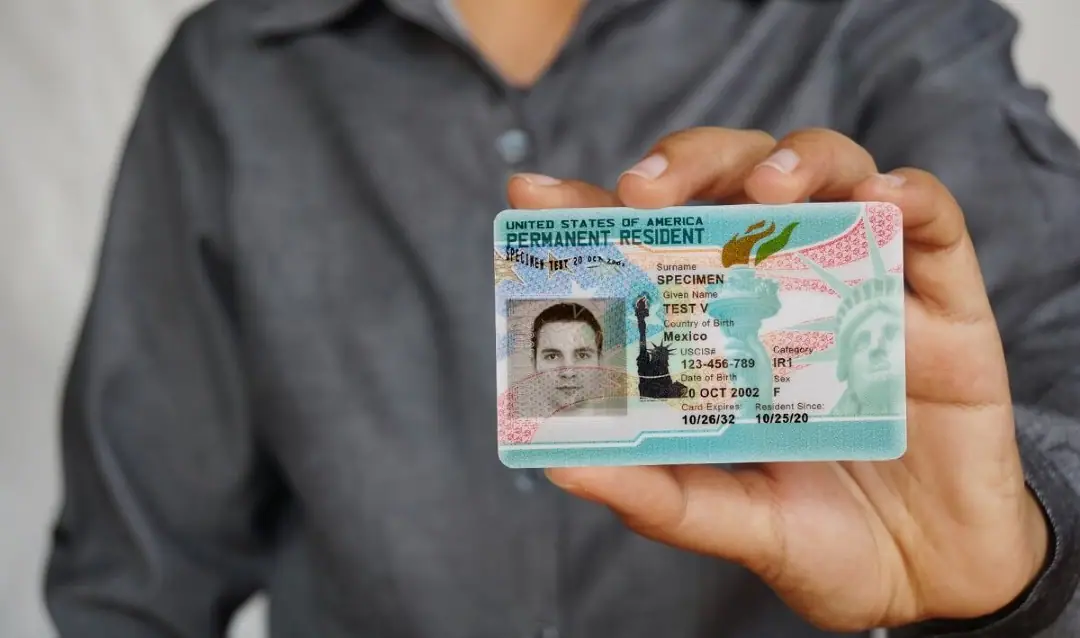In recent years, the Deferred Action for Childhood Arrivals (DACA) program has garnered significant attention and controversy. This article provides an in-depth look at DACA, its history, its impact on the lives of undocumented individuals in the United States, and its current status.
The DACA Program: An Introduction
DACA, which stands for Deferred Action for Childhood Arrivals, is a U.S. immigration policy that was implemented in 2012 under the Obama administration. This program provides temporary protection and work authorization to certain undocumented immigrants who came to the United States as children. DACA aims to shield these individuals from deportation and provide them with opportunities to work, study, and contribute to the country they’ve grown up in.
The Eligibility Criteria for DACA
To be eligible for DACA, individuals must meet the following criteria:
- Age Requirement: Applicants must have been under the age of 31 as of June 15, 2012.
- Continuous Residence: They must have continuously resided in the United States since June 15, 2007.
- Educational Requirement: Applicants should be enrolled in school, have a high school diploma, a GED certificate, or have been honorably discharged from the U.S. military.
- No Criminal Offenses: Applicants should not have a significant criminal record, as individuals with felony convictions or certain misdemeanor convictions may be disqualified.
- Age of Arrival: They must have arrived in the United States before reaching their 16th birthday.
The Benefits of DACA
DACA provides several significant benefits to its recipients:
- Protection from Deportation: DACA recipients are shielded from deportation while their status is in effect.
- Work Authorization: They are eligible for work permits, enabling them to seek lawful employment in the United States.
- Social Security Number: DACA beneficiaries can obtain a Social Security Number, allowing them to pay taxes and receive certain benefits.
- Driver’s Licenses: In most states, DACA recipients can apply for and receive driver’s licenses.
- Access to Higher Education: Many states offer in-state tuition and financial aid to DACA students pursuing higher education.
The Status of DACA: A Look at Its History
Since its inception, DACA has been subject to a rollercoaster of legal challenges and political debates. In 2017, the Trump administration sought to end the program, triggering a series of lawsuits and court rulings that have kept it alive. As of my knowledge cutoff date in September 2021, the program remained in place due to these legal actions. However, its future remained uncertain, and legislative solutions were being pursued to provide a more permanent solution for DACA recipients.
Can DACA recipients apply for U.S. citizenship?
No, DACA itself does not provide a direct path to U.S. citizenship. However, DACA recipients may be eligible for other immigration benefits or pathways to legal status, such as marriage to a U.S. citizen or through sponsorship by a family member.
Can new applicants still apply for DACA?
As of my last update in September 2021, new applicants could apply for DACA if they met the eligibility criteria. However, eligibility criteria and application processes may change, so it’s crucial to stay informed about the latest developments.
Can DACA recipients travel outside the U.S.?
Yes, DACA recipients can apply for permission to travel outside the United States through a process known as Advance Parole. This allows them to re-enter the country legally after their trip.
Is DACA available to undocumented individuals who didn’t come to the U.S. as children?
No, DACA is specifically designed for individuals who came to the U.S. as children. Other immigration options may be available to those who did not meet the DACA criteria.
Can DACA be terminated or revoked once granted?
Yes, DACA can be terminated or revoked if the recipient no longer meets the program’s criteria or engages in disqualifying criminal activities.
In Conclusion
DACA, or Deferred Action for Childhood Arrivals, is a vital program that has provided temporary protection and work authorization to undocumented immigrants who arrived in the United States as children. It has had a significant impact on the lives of its recipients, allowing them to contribute to American society without the constant fear of deportation. While its status has been a subject of legal and political debate, DACA has remained an essential component of U.S. immigration policy. However, its future may be subject to changes, making it crucial for DACA recipients and advocates to stay informed and engaged with developments in immigration law.







